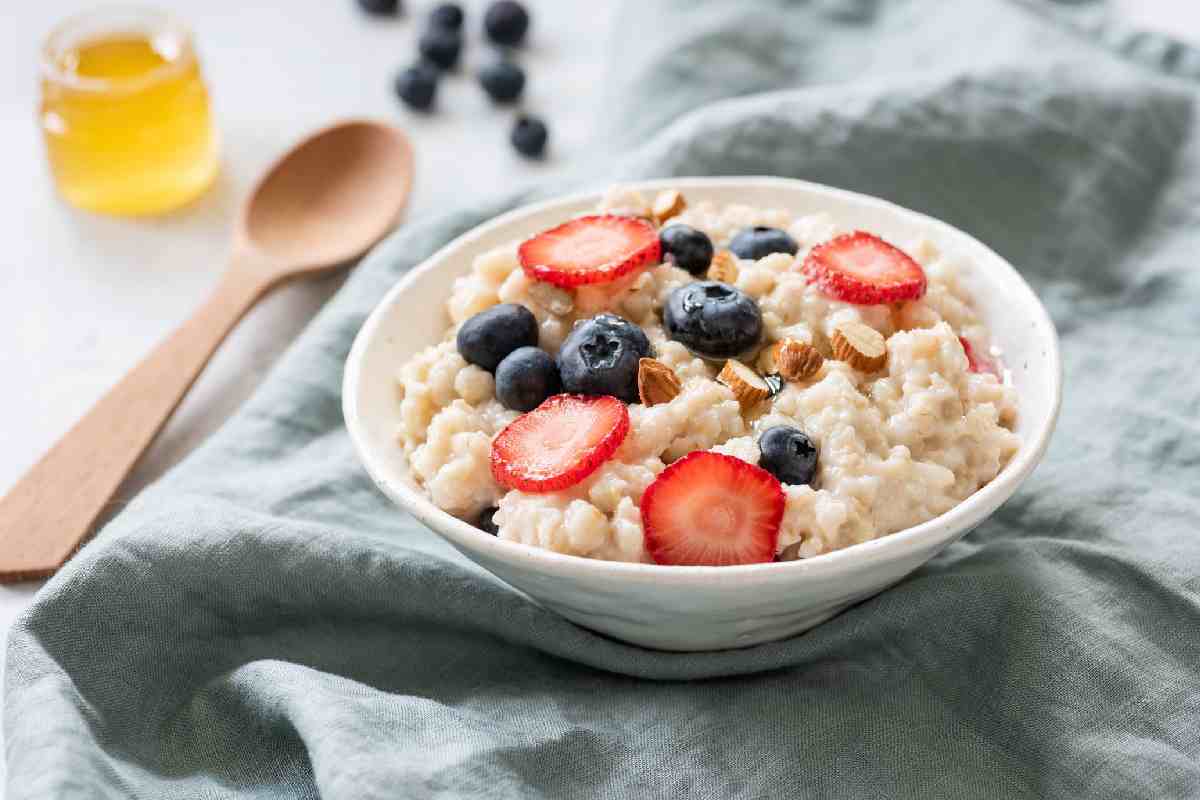A healthy breakfast is the first meal of the day and is usually eaten within the first two hours after waking up It breaks the overnight fast and is vital for our body, as it can help us increase productivity two and, depending on our choices, can also increase the feeling of satiety. The nutritional quality of breakfast is key to maximizing its benefits, which is why it is essential to include a complete and nutritious breakfast in our diet.
Table of Contents
What Is a Healthy Breakfast?
A complete and nutritious breakfast is considered to include foods from each of the three food groups: preferably whole grain cereals, legumes or foods of animal origin, and vegetables or fruits. By having adequate amounts of the three food groups during breakfast, we will be ensuring that we cover the requirements of carbohydrates, fats, proteins, vitamins and minerals necessary to start our morning activities.
How to Make a Healthy Breakfast?
Fruits And Vegetables
- It remains important to include fruits and vegetables in our breakfast. Each of them provides different vitamins and minerals, so you must take them in a varied way to obtain the nutrients that help your body function properly. This group of foods is also a source of fiber; if they are eaten raw and in the shell, their contribution may be more significant, helping regulate the digestive system. So add these foods to your daily breakfast and increase the flavor of your dishes!
Whole Grain Cereals
- Whole grain cereals, such as oatmeal, are one of the most common and versatile breakfast foods, crucial in our diet for their primary energy source. They are a source of fiber and complex carbohydrates, which can provide various health benefits, such as lowering cholesterol, possibly increasing the feeling of satiety and improving intestinal transit, among others. By adding whole-grain foods, such as oatmeal, to your breakfast menu, you will be helping to meet the requirements of these critical nutrients.
Protein Sources
- Protein is a macronutrient compose of amino acids, which perform various essential functions in the body. The main difference among animal and vegetable proteins is their amino acid profile and the rate they are absorbe. Proteins can be found in foods of animal origin, such as meat, fish, eggs, among others, and plant origin, such as nuts and seed, beans and lentils, or in soy products 8. Dairy products are also a complete source of protein and calcium, vitamins, and magnesium 9,10 , so it is advisable to add skim milk, skim yoghurt, or low-fat cheese to our diet.
The Three Critical Foods for a Good Breakfast
The essential foods for a complete breakfast are, according to the Situation Report on breakfast in Spain, prepared by the Spanish Nutrition Foundation (FEN) and presented on February 13 during the celebration of National Breakfast Day:
- Milk or dairy crops, such as yoghurt or cheese. The most important property of this group of foods is calcium and proteins of high biological value. They also contain significant amounts of vitamins A, D, B12 and other minerals such as phosphorus. But they are poor in iron, copper, and vitamin C. Therefore, for overweight people who have blood lipid disorders, it is advisable to drink semi-skimmed or skimmed milk with less fat and, therefore, fewer calories and cholesterol. Yoghurt also provides probiotics.
- Cereals and derivatives but with fiber, such as whole meal bread, oatmeal, etc. This type of food mainly provides complex carbohydrates, some protein and little fat, and B vitamins and minerals. They are an essential source of energy for the body. The contribution of B vitamins and fiber stands out, especially if they are whole grains.
- Fresh fruit. They provide water, fiber, vitamins and minerals. Along with vegetables, they provide most of the antioxidant substances. They are usually consume, especially at the end of meals, because they effectively facilitate the assimilation of many nutrients. But they are an excellent option not only for breakfast but also for snacks.
The balanced combination of these three food groups provides the essential elements. Carbohydrates, fibre, protein, water and the necessary amount of fat. They can be complete with other foods such as nuts (walnuts, almonds, hazelnuts.), protein foods such as eggs or cheese, and fatty foods such as extra virgin olive oil. It is important to remember that the perfect drink to accompany a good breakfast is water.
Foods that Should be Consume Sporadically, not Habitually
One of the mistakes usually made at breakfast is to make sure foods are habitual when in reality. Their consumption should be from time to time. These include sugar, honey, jam, chocolate, butter, packaged fruit juices , industrial pastries, cookies, sugary breakfast cereals, sausages, and other processed meats.
The abuse of this type of food and sugary drinks unbalances the regular intake of carbohydrates. So what they do is provide a lot of energy (from sugars) without supplying any essential nutrients.

